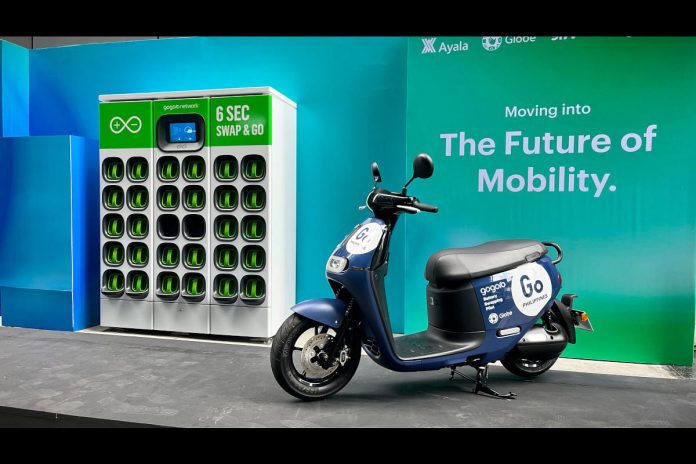In a move to support domestic manufacturing, the government has approved 50 of the 74 applications it received from automakers for its productivity-linked incentive (PLI) scheme aimed at boosting electric vehicle (EV) production.
The remaining 24 applications are still under review, reports Economic Times.
These approvals are expected to help companies partially offset the losses they face due to the currently low volumes of EV production.
The centre’s PLI scheme, introduced in 2021 with a budget of Rs 25,938 crore, focuses on localisation and a domestic value addition of 50 per cent.
It is designed to boost the production of Advanced Automotive Technology (AAT) products and attract investment in the automotive manufacturing sector.
The scheme targets Zero Emission Vehicles (ZEVs), such as Battery Electric and Hydrogen Fuel Cell Vehicles, by offering financial incentives to automobile OEMs and component manufacturers.
Under the PLI scheme, automakers can receive a government grant of 13-15 per cent of the annual sales value of EVs.
This incentive helps increase the company’s revenue and offsets the higher costs of investing in new technologies, thus narrowing the margin gap between internal combustion engine (ICE) vehicles and EVs.
Additionally, companies that achieve sales exceeding Rs 10,000 crore within five years of the PLI period are eligible for an extra 2 per cent government support.
Among the approved companies, Bajaj Auto is the only automaker to have received approval for all 13 applications submitted for its electric scooter Chetak and three-wheelers.
Bajaj Auto reported benefiting from the PLI scheme in its June quarter earnings.
Ola Electric, which secured approval for four of its electric scooter models, is expected to receive an incentive of 13-18 per cent of the sales value.
Furthermore, Mahindra & Mahindra received approvals for 16 out of 23 applications, Tata Motors for 15 out of 27, and TVS Motor for 2 out of 5, according to the report.


